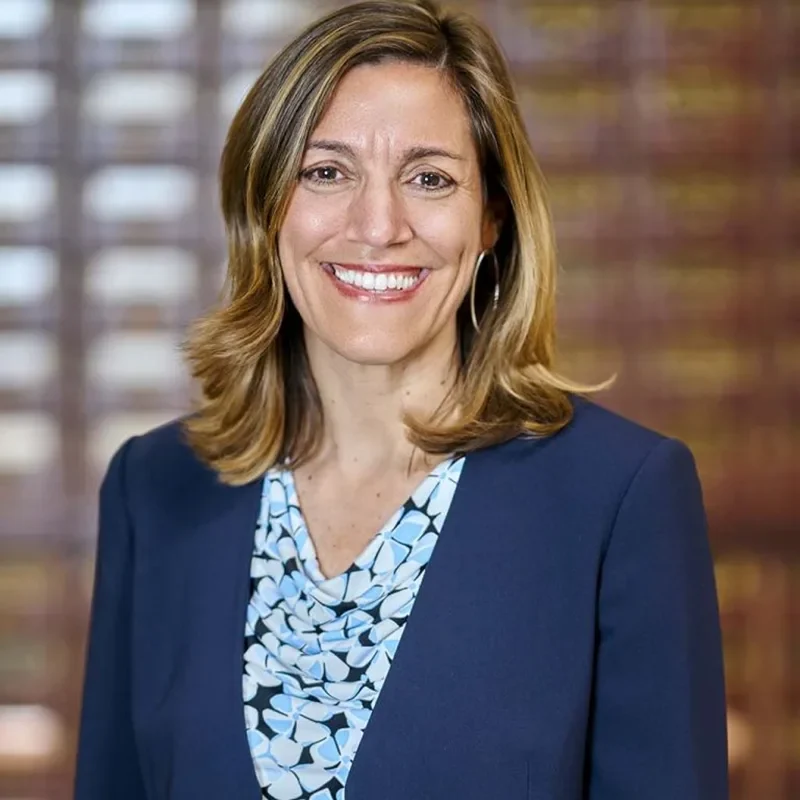

Dr. Patricia Kuhl is the Bezos Family Foundation Endowed Chair in Early Childhood Learning and Co-Director of the University of Washington Institute for Learning & Brain Sciences. Internationally recognized for research on language acquisition and the “social brain,” Kuhl pioneered brain measures on infants and young children and conducted studies demonstrating how children learn. Kuhl spoke at President and Mrs. Clinton’s White House conference on early learning, as well as President and Mrs. Bush’s White House conference on learning to read. Kuhl is a member of the National Academy of Sciences. She has received many prestigious awards: The Acoustical Society of America’s Silver Medal and Gold Medal, the international IPSEN Foundation’s Jean-Louis Signoret Neuropsychology Prize, the Association for Psychological Science’s William James Lifetime Achievement Award, the Cognitive Neuroscience Society’s George A. Miller Prize in Cognitive Neuroscience, and the American Psychological Association’s Distinguished Scientific Contributions Award. Dr. Kuhl is co-author of The Scientist in the Crib: Minds, Brains, and How Children Learn (Harper Collins). Dr. Kuhl’s TED talk can be viewed here.

Dr. Andrew N. Meltzoff holds the Job and Gertrud Tamaki Endowed Chair in Psychology and is the Co-Director of the University of Washington’s Institute for Learning & Brain Sciences. A graduate of Harvard, with a PhD from Oxford, he is an internationally renowned expert on infant and child development. His discoveries about infant imitation helped transform our understanding of early cognition and social learning and sparked experiments on infant neural body maps in developmental cognitive neuroscience. Named one of the 50 Most Influential Living Psychologists in 2019, Dr. Meltzoff has published more than 280 papers/chapters as well as co-authored two books, The Scientist in the Crib and Words, Thoughts, and Theories, and co-edited The Imitative Mind: Development, Evolution and Brain Bases. For his work, he has received numerous awards, including: Association for Psychological Science’s (APS) William James Fellow Award, American Psychological Association’s G. Stanley Hall Award, Giessen University’s Kurt Koffka Medal, Cambridge University’s Kenneth Craik Award in Psychology, and National Institutes of Health’s MERIT Award. Meltzoff is married to Dr. Patricia K. Kuhl, and they have one daughter.
This program is generously supported by the Alfred P. Sloan Foundation
Image Credit: Young scientists test device, courtesy of the Los Angeles Public Library Photo Collection
Lorem ipsum dolores set amet conquis adores. Lorem ipsum dolores set amet conquis adores.
Lorem ipsum dolores set amet conquis adores. Lorem ipsum dolores set amet conquis adores.
Lorem ipsum dolores set amet conquis adores. Lorem ipsum dolores set amet conquis adores.

As President and CEO of the Library Foundation of Los Angeles (LFLA), Stacy Lieberman is an innovative and inclusive leader whose career dwells at the intersection of arts and culture, lifelong learning, storytelling, and equitable access. Stacy guides the Foundation’s philanthropic and public-facing priorities to serve the Los Angeles Public Library, embracing the notion that libraries are beacons of democracy where everyone is welcome. She works intentionally with community leaders, donors, and internal and external strategic partners to raise awareness and resources for the Library and its life-changing initiatives.
With more than 20 years of experience as a senior executive, Stacy has left an indelible mark on iconic L.A. arts, non-profit, and educational institutions such as The Broad, the Autry Museum of the American West, and the Skirball Cultural Center. Building on an early career in book publishing, she has dedicated her professional life to sharing stories and broadening the reach of public institutions to welcome visitors and students of all ages and backgrounds to experience educational, arts, and cultural opportunities.
| Cookie | Duration | Description |
|---|---|---|
| cookielawinfo-checkbox-analytics | 11 months | This cookie is set by GDPR Cookie Consent plugin. The cookie is used to store the user consent for the cookies in the category "Analytics". |
| cookielawinfo-checkbox-functional | 11 months | The cookie is set by GDPR cookie consent to record the user consent for the cookies in the category "Functional". |
| cookielawinfo-checkbox-necessary | 11 months | This cookie is set by GDPR Cookie Consent plugin. The cookies is used to store the user consent for the cookies in the category "Necessary". |
| cookielawinfo-checkbox-others | 11 months | This cookie is set by GDPR Cookie Consent plugin. The cookie is used to store the user consent for the cookies in the category "Other. |
| cookielawinfo-checkbox-performance | 11 months | This cookie is set by GDPR Cookie Consent plugin. The cookie is used to store the user consent for the cookies in the category "Performance". |
| viewed_cookie_policy | 11 months | The cookie is set by the GDPR Cookie Consent plugin and is used to store whether or not user has consented to the use of cookies. It does not store any personal data. |